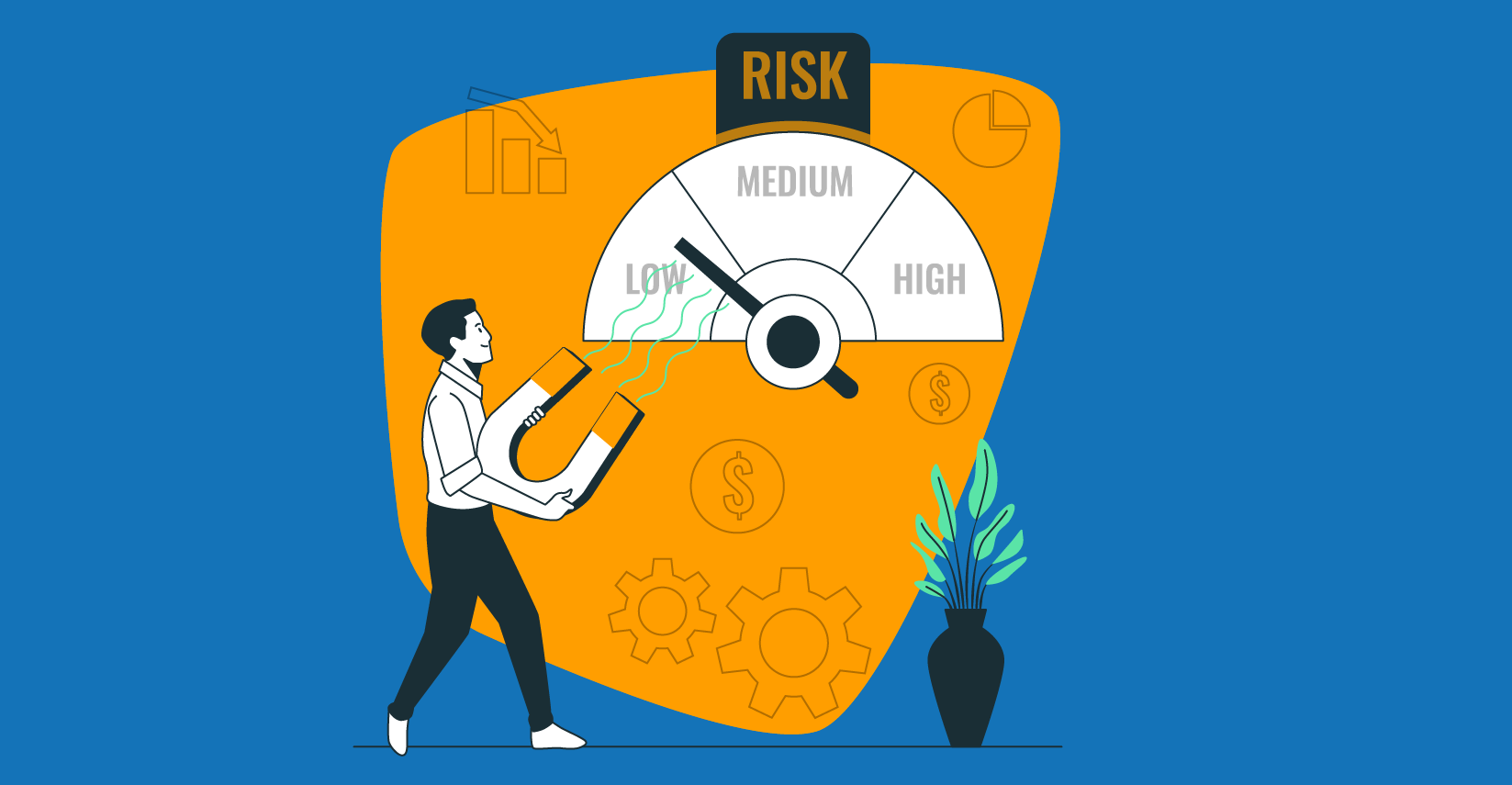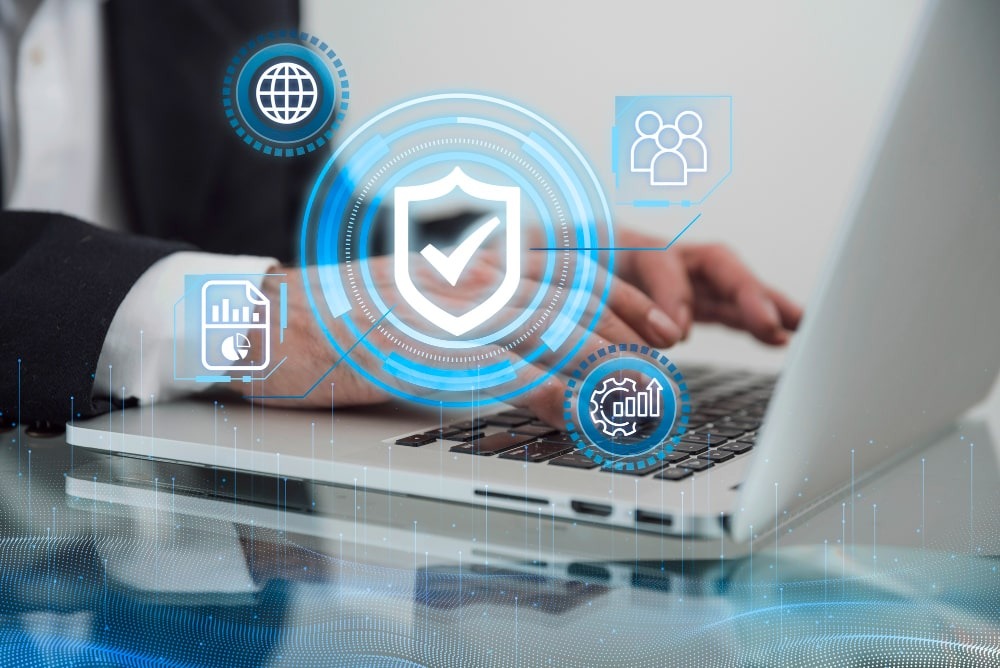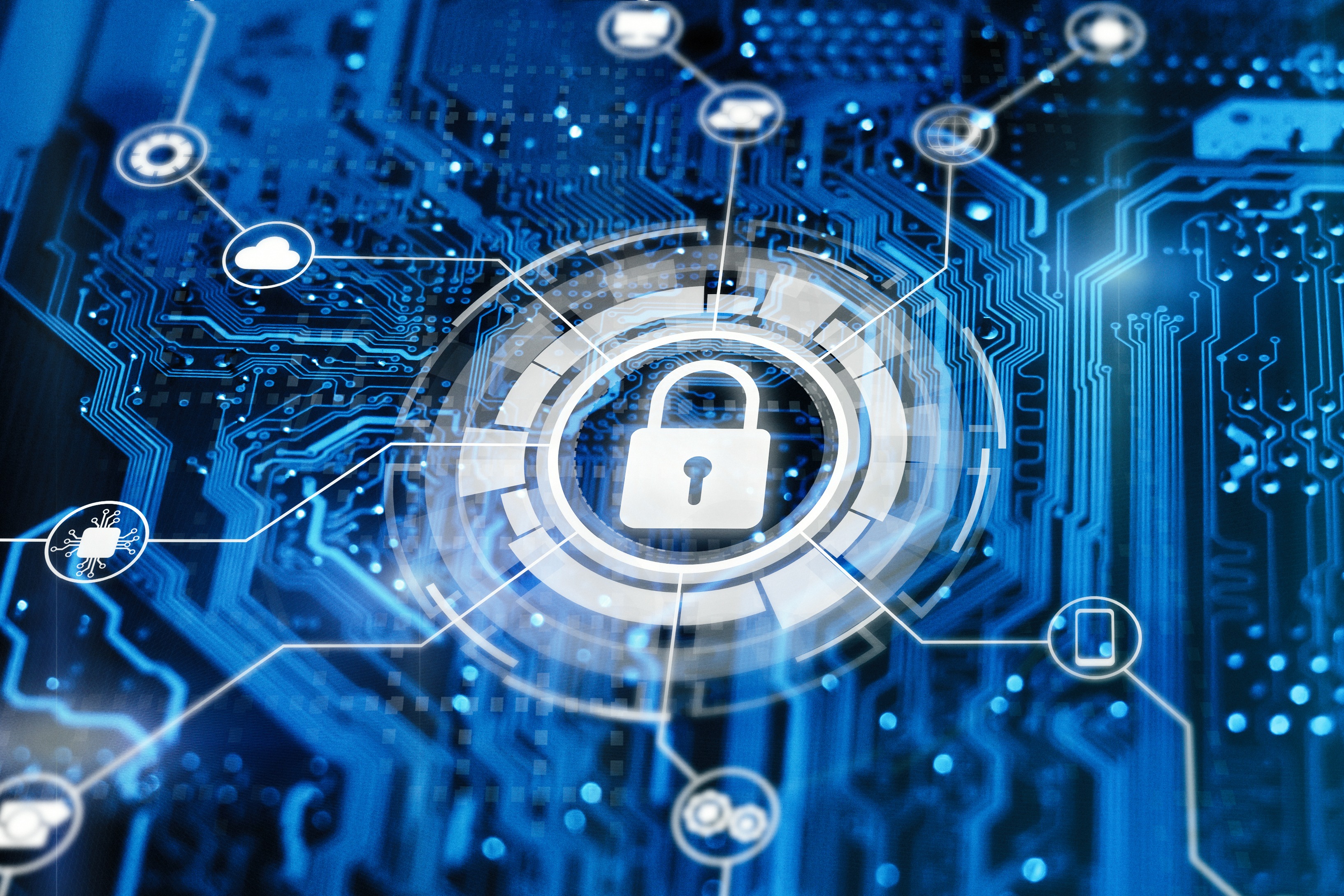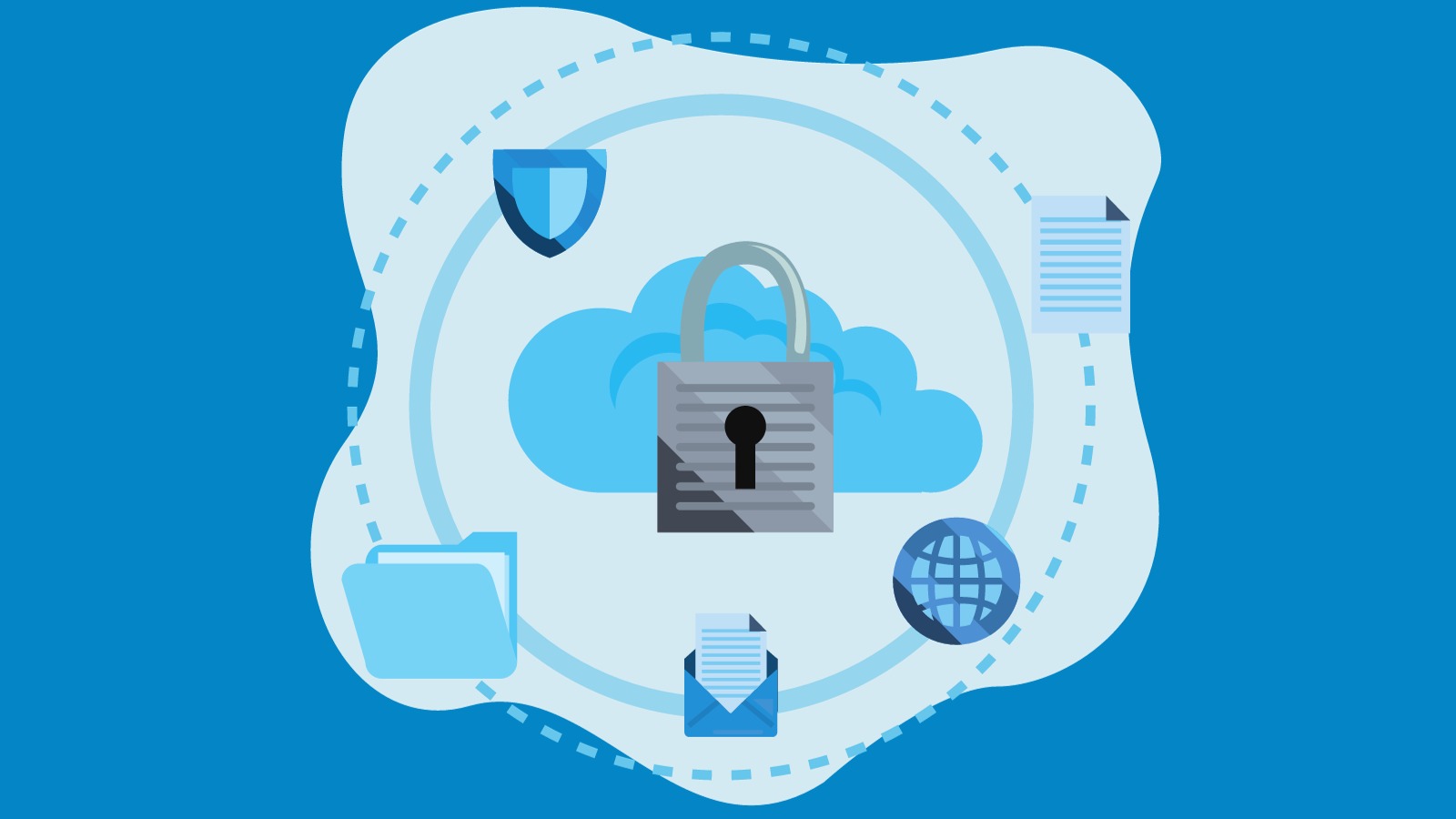Security is a multifaceted concept that touches every part of our lives. From protecting our physical property to securing personal data and finances, ensuring security involves both prevention and preparation. As technology evolves and threats become more sophisticated, it’s crucial to understand the importance of adopting comprehensive security measures to safeguard what matters most to us.
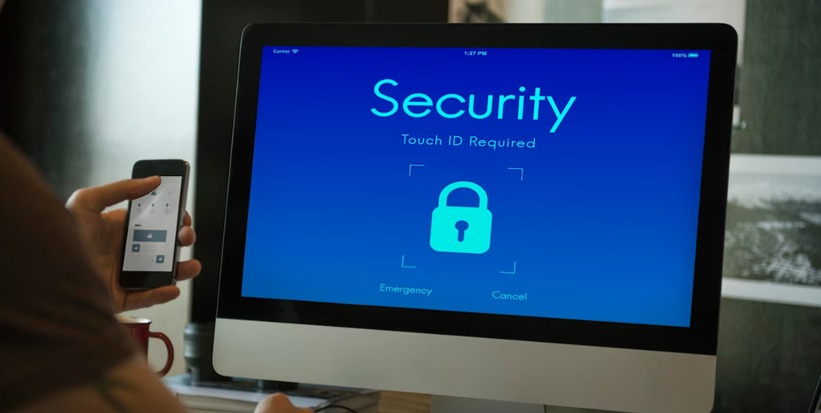
1. Home Security: Protecting Your Physical Space
Home security is one of the first areas that come to mind when thinking about safety. Securing your home is essential to protecting your loved ones and your belongings. Installing a reliable security system, including cameras, motion detectors, and alarm systems, can help deter burglars and alert you to suspicious activity. Additionally, ensuring all doors and windows are locked and reinforced and investing in smart home security technology that can be monitored remotely will offer peace of mind even when you're not around.
2. Digital Security: Protecting Your Online Presence
With more of our lives conducted online, digital security has become increasingly important. Cyber threats such as hacking, identity theft, and online fraud are a constant concern. Strengthening your digital security starts with using strong, unique passwords for all online accounts and enabling two-factor authentication where possible. Regularly updating software and operating systems, being cautious with sharing personal information online, and using secure networks can further safeguard your digital presence.
3. Financial Security: Safeguarding Your Finances
Financial security involves taking measures to protect your money and assets from theft, fraud, or loss. This can be done by keeping your bank accounts secure, monitoring for any unauthorized transactions, and being mindful of the information you share when making purchases online. It's also important to regularly review credit reports, set up fraud alerts, and ensure that you have adequate insurance to protect your wealth. Planning for financial security includes creating an emergency fund, setting up retirement savings, and managing your finances responsibly.
4. Personal Security: Staying Safe in Daily Life
Personal security focuses on protecting yourself from harm in everyday situations. This can be achieved by staying aware of your surroundings, especially in unfamiliar or high-risk areas. Simple practices like locking your car, securing personal belongings, and carrying only what you need can reduce the risk of theft or harm. In addition, carrying a phone with emergency contacts and using personal safety apps that alert trusted people if you’re in danger can provide extra protection.
5. Security in the Workplace: Safeguarding Business Assets
Workplace security is essential for protecting employees, physical property, and sensitive data. Implementing secure access systems, such as key cards or biometrics, helps restrict entry to authorized personnel. It’s also vital for businesses to establish cybersecurity policies to protect their digital infrastructure from data breaches or hacking attempts. Providing regular security training to employees, monitoring for potential internal threats, and having clear emergency response procedures will further enhance overall security.
6. Preventive Security Measures: Proactive Protection
One of the most effective ways to stay secure is by adopting preventive measures. This includes taking proactive steps to recognize potential risks before they become threats. For example, regularly backing up data can prevent the loss of important files, while having a comprehensive insurance policy can protect you financially in case of theft, accident, or natural disaster. Preventive measures also include staying informed about emerging security risks and taking action before they can affect you.
Final Thoughts
Security is an ongoing process that requires awareness, preparation, and action. Whether you're focusing on home security, digital protection, financial safety, or personal well-being, implementing smart security measures can reduce the likelihood of facing threats. By taking simple yet effective steps to secure your environment, you can safeguard yourself and your loved ones against potential harm. The key is to remain vigilant, stay informed, and prioritize security in every aspect of your life.


